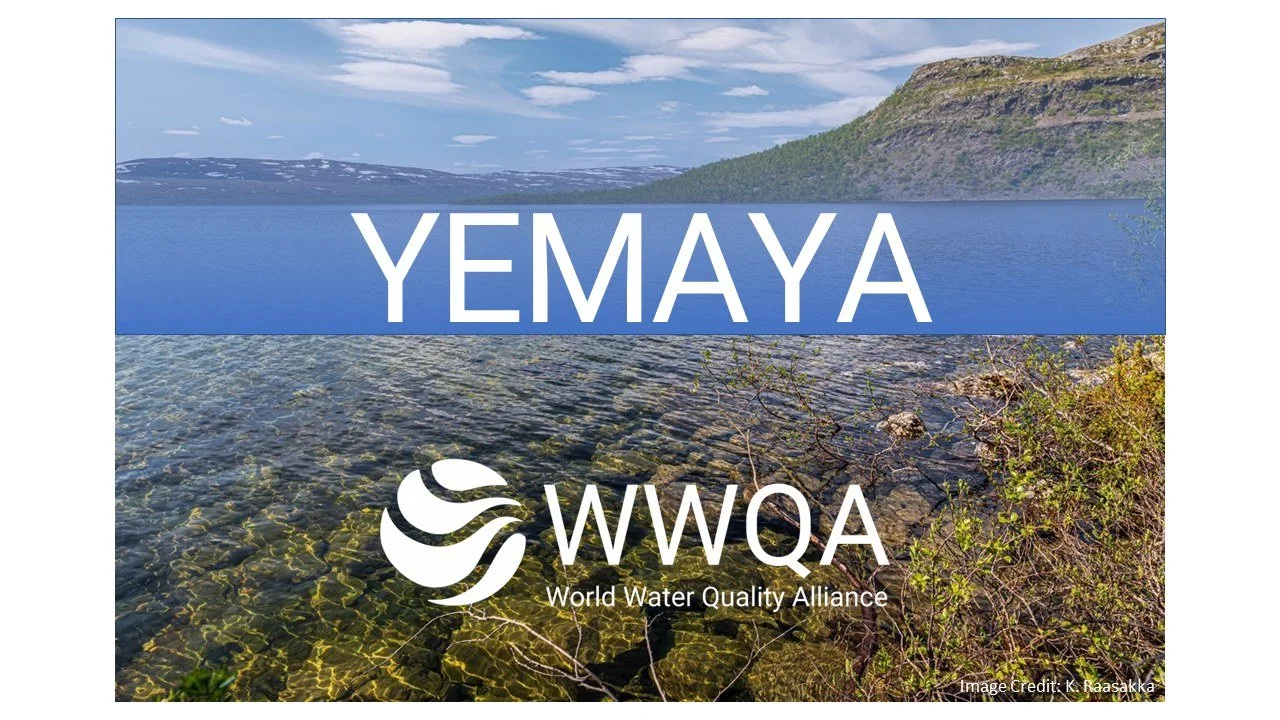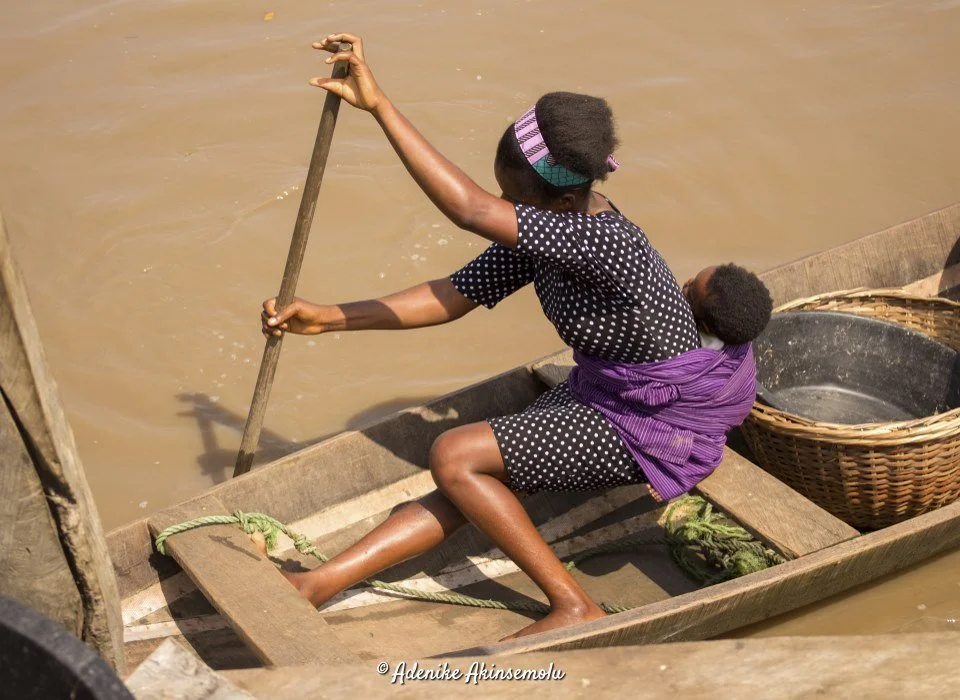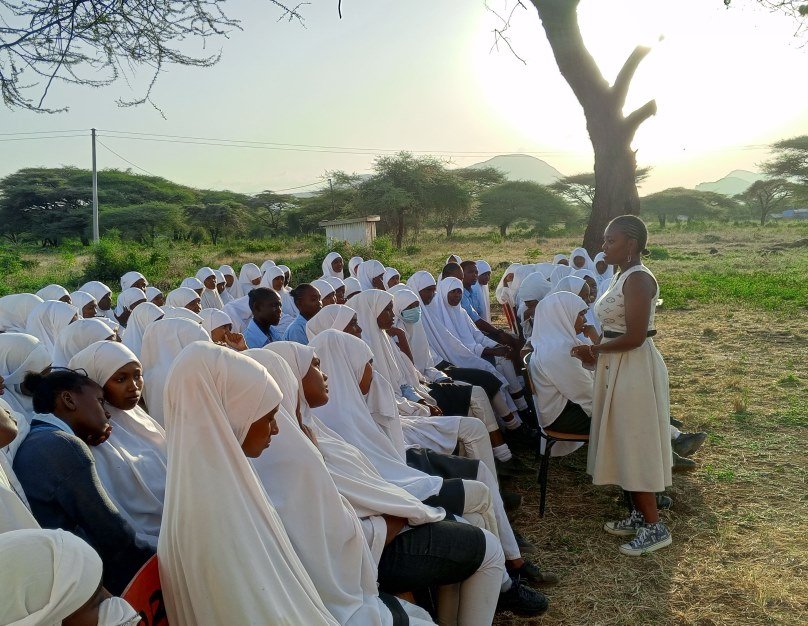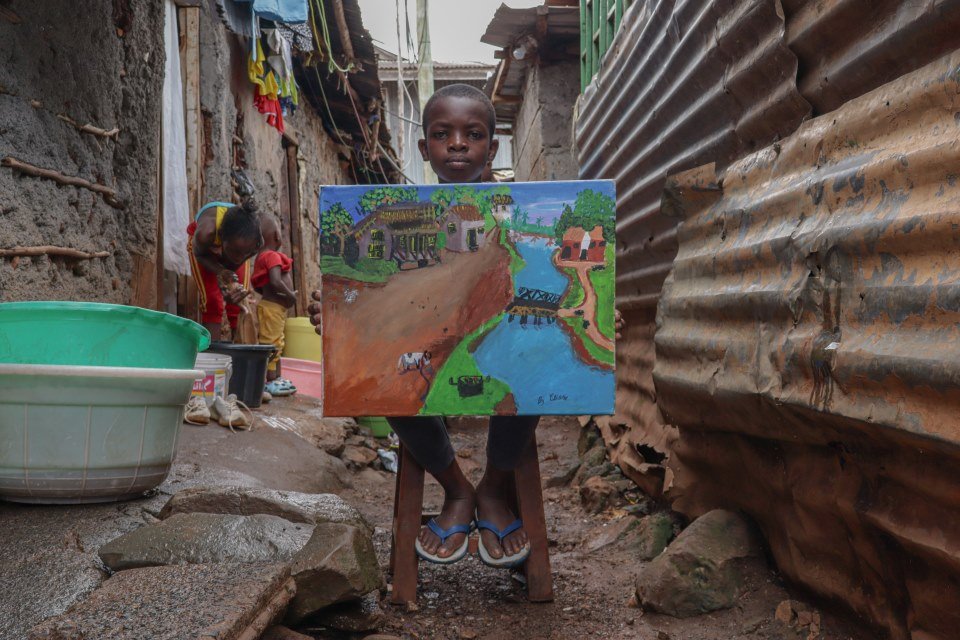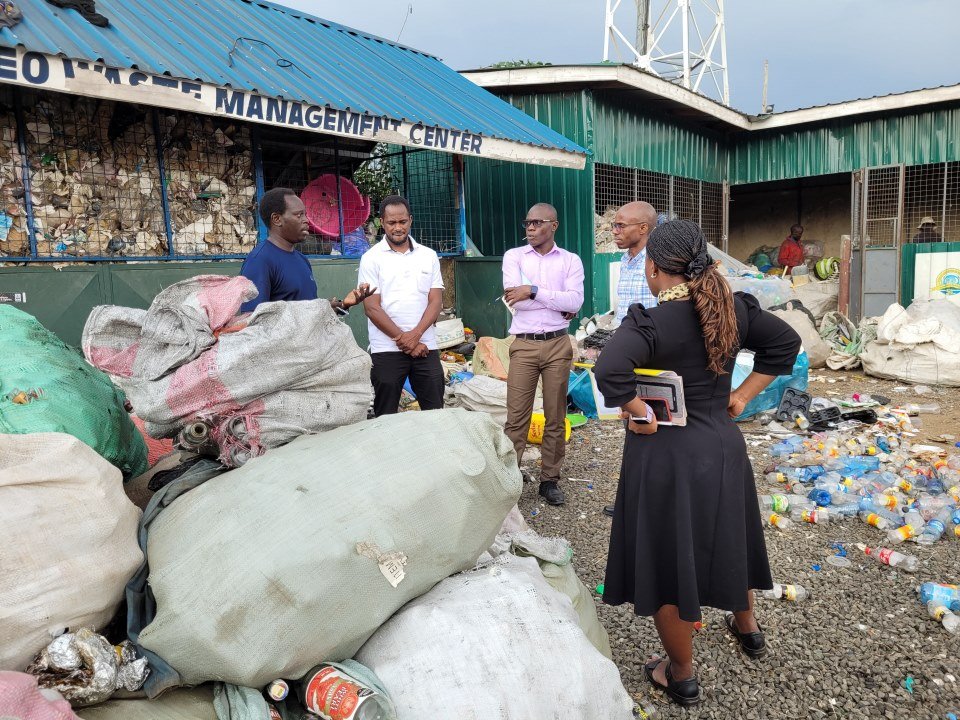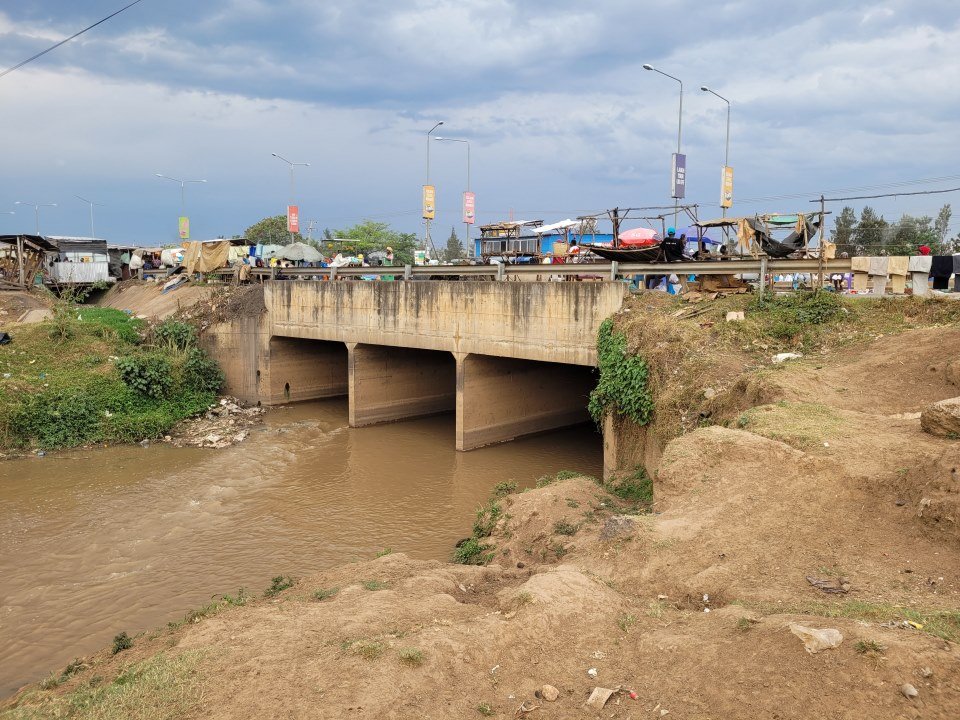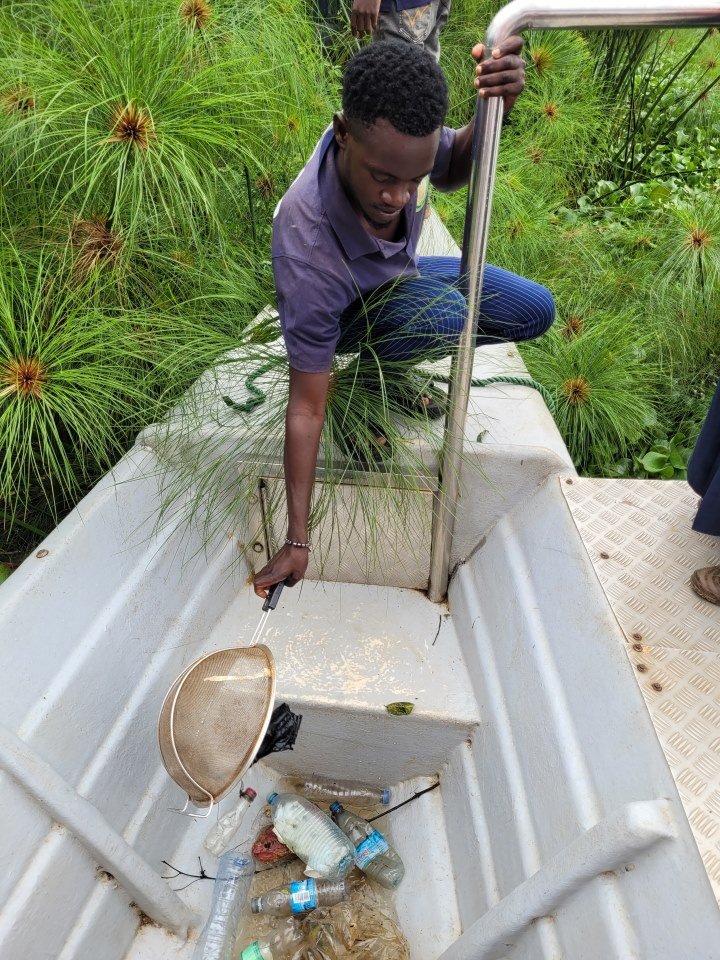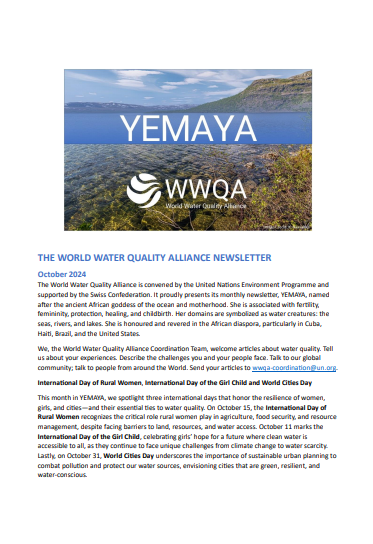In the October 2024 issue of Yemaya, the World Water Quality Alliance (WWQA) newsletter, several important global water quality initiatives are highlighted, focusing on the critical intersections of water, women, and community-driven action. As climate change continues to challenge communities around the world, Yemaya—named after the African goddess of the ocean and motherhood—reminds us that protecting water resources is central to our collective future.
At the Green Institute, we resonate deeply with the themes presented in this issue, especially the role of coastal women in Nigeria, led by our own visionary founder, Dr. Adenike Akinsemolu. Here, we explore the key insights from Yemaya, focusing on water quality, grassroots activism, and the broader global response to environmental change.
WWQA Annual Conference: Setting the Global Agenda for Water Quality
On October 22, 2024, the WWQA will hold its annual conference online, bringing together stakeholders to review progress, share insights, and set goals for the coming year. As part of this global initiative, the Green Institute remains committed to aligning our work with international goals, especially in the area of empowering local communities to address water quality challenges.
Coastal Women and Girls in Ondo State: The Unseen Faces of Climate Change
A key feature in this issue is the story of coastal women and girls in Ondo State, Nigeria. Climate change here is not an abstract concept; it’s a lived experience. Rising sea levels, industrial pollution, and flooding are eroding both the land and livelihoods, making access to clean water a daily struggle.
Dr. Adenike Akinsemolu, Director of the Green Institute, has worked closely with these communities, highlighting the resilience of women and girls. Through community-based platforms, local women’s groups have been organizing to raise awareness about water pollution, advocate for clean water access, and implement environmental restoration projects. The Green Institute has played a critical role in providing support, offering scientific expertise, and advocating for policies that prioritize the health and safety of these communities.
Water Quality Monitoring: Dr. Akinsemolu’s team at the Green Institute actively monitors water quality in Ondo State using advanced microbial, physicochemical, and ecotoxicological methods. The data collected has revealed significant contamination from industrial waste, oil spills, and saltwater intrusion, which has serious health implications for women and children. These findings are vital for advocating for stronger regulations and community-led initiatives to restore water sources.
An Interview with Dr. Richard Elelman: The Social Dimension of Water Quality
In an insightful interview, Dr. Richard Elelman, Head of Politics at Eurecat and leader of the Cassandra Programme, emphasizes the socio-political aspects of water quality. He discusses how access to clean water is not just an environmental issue but a basic human right, especially in regions experiencing the compounded impacts of climate change and social inequality. His work highlights how women and girls are often at the forefront of local water management efforts, despite facing systemic barriers.
Macroplastic Monitoring in the Nile Basin: A Call for Global Action on Plastic Pollution
Plastic pollution remains a critical global issue, particularly in freshwater systems like rivers and lakes. The WWQA’s Plastics workstream, in collaboration with GIZ, has been implementing the UNEP guidelines for monitoring macroplastics in the Nile Basin. This project trains local stakeholders in Uganda and Kenya to monitor and mitigate plastic pollution, an approach that aligns with the Green Institute’s mission of community-driven environmental action.
The Quest for Universal Water Quality Indicators
As part of the WWQA’s ongoing research, a team of experts is developing universal water quality indicators to standardize the way we measure and compare water pollution across regions. This work is crucial for creating global coherence and helping us better understand future pollution hotspots. These indicators, when fully realized, will contribute to Sustainable Development Goal (SDG) 6.3.2, which focuses on improving water quality globally.
Community Engagement and the Power of Local Action
The Yemaya newsletter also highlights the Gems of Water initiative in Kenya, which empowers citizens to monitor water quality and raise awareness of organic contaminants like pesticides. This aligns with the Green Institute’s efforts to engage local communities in Nigeria in the fight against water pollution. By involving those directly affected, we build resilience and create lasting solutions.
In addition, the WWQA Bulletin Board lists a series of upcoming webinars, job openings, and opportunities to engage with the global water quality community. From tackling riverine plastic pollution to exploring the role of Indigenous data sovereignty, these initiatives demonstrate the interconnectedness of water, community action, and policy advocacy.
The Role of the Green Institute: Leadership in Sustainability
Under the leadership of Dr. Adenike Akinsemolu, the Green Institute continues to inspire local action while contributing to global dialogues on water quality and sustainability. As a Green Microbiologist, Dr. Akinsemolu’s research on water quality, climate resilience, and women’s empowerment has positioned the Green Institute as a leader in community-driven environmental efforts.
At the Green Institute, we believe that global water quality challenges require both scientific expertise and grassroots activism. Through our continued partnerships and initiatives, we aim to uplift the voices of those most affected by climate change—women, girls, and marginalized communities.
Join Us in Building a Sustainable Future
As we celebrate the International Day of Rural Women and the International Day of the Girl Child this October, we invite you to join us in supporting the community-driven initiatives featured in Yemaya. Together, we can turn the tide on climate change, restore our water sources, and ensure that every community has access to clean, safe water.
To read more of the Yemaya, click this link or download the PDF.
Let’s work together for a more sustainable and water-conscious future.

